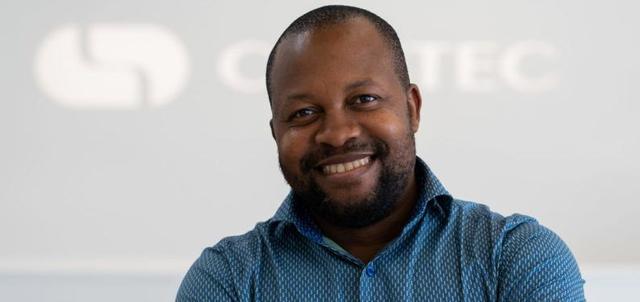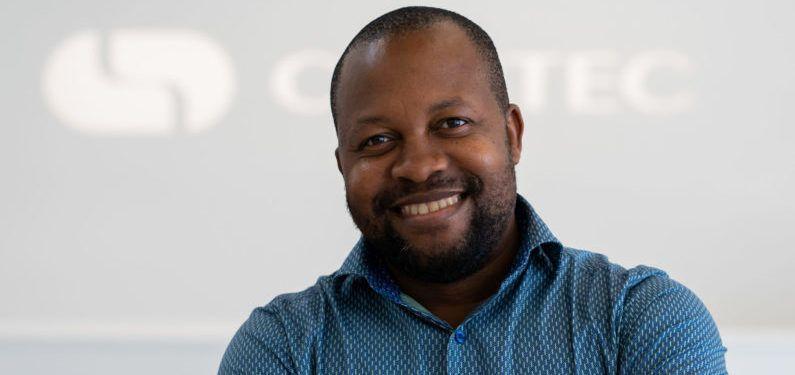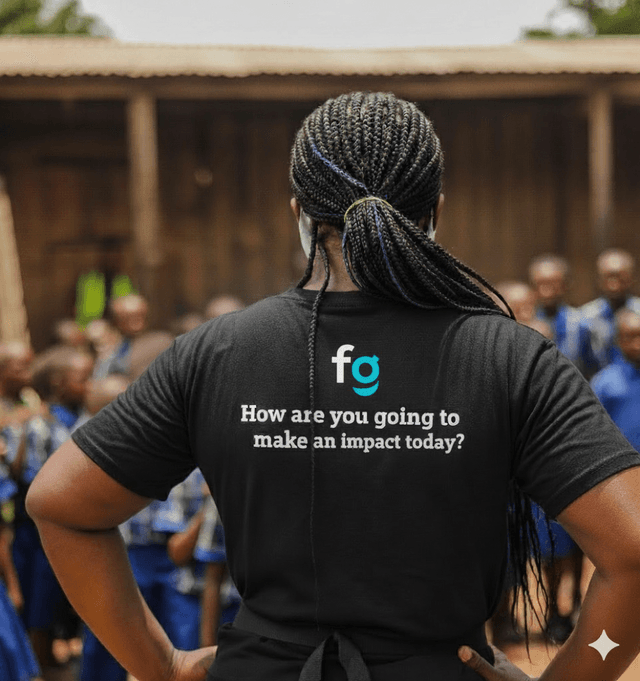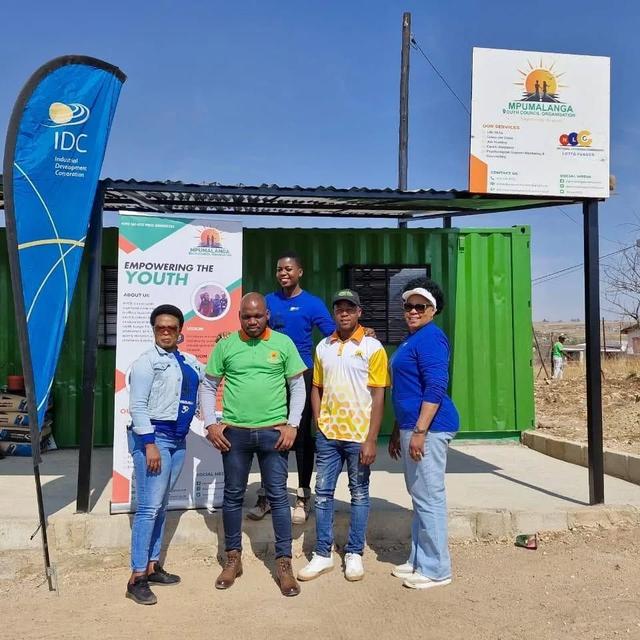
- Home
- Information Centre
- Csi Its Not An Afterthought Capitec Bank Case Study
CSI: It’s not an afterthought (Capitec Bank Case Study)
Volunteering is a critical part of the Capitec culture but this took years of work and executive buy-in
Setting up an employee volunteering platform is one thing but getting volunteers to engage on the platform is another. We take a look at what it took for Capitec to cement a culture that makes social impact while supporting and encouraging the efforts of volunteers.
Neptal Khoza, Head of CSI at Capitec Bank, explains how the company shifted its corporate social investment (CSI) strategy from philanthropic to a balance between developmental and strategic.

We wanted to define what it meant to be a Capitec employee in terms of caring for the community, personal growth and society. CSI isn’t an afterthought for us, it’s a critical part of how we do business.
"We believe in the whole concept of immersive, developmental and strategic investment into the communities that we serve. These communities are our clients, and our own people,” he explains. “So, we set out to establish the Capitec Foundation, and used this to drive education, volunteering, and disaster relief, both in and outside of the Foundation.”
The move to the Capitec Foundation and a more targeted CSI effort started in 2015. The team addressed issues around having a 360-degree view of the employee and how they perceived the CSI process, and relooked how the organisation would work with communities.
“We know that communities have social challenges and that there needs to be a better way of resolving these. We believe that just injecting money into a community without understanding the dynamics doesn’t work. We wanted our employees to experience what happens in these communities, to identify solutions that would work, and then to approach us with ideas on how we could solve these problems,” says Khoza. It didn’t take long for the bank to come up with strategies that addressed these issues and this agility has defined its responses – from partnering with NGOs and specific employee communities to providing immediate humanitarian relief efforts during the 2020 pandemic. The company has worked hard to embed a culture of community, giving and change throughout the organisation.
Can CSI really change the way employees feel about your business?
The employee strategy
Our CSI programme runs from the top down, we have complete executive buy-in and commitment.
“This has made volunteering a critical part of our employee value proposition. It’s a shared value," says Khoza. "Volunteering isn’t just an employee spending the day outside, it’s ensuring that every workshop, conference and presentation includes our CSI planning and our EVP. This embeds it into our culture.” The push/pull strategy developed by Capitec forms a large part of its success story. The push – the company comes up with initiatives; the pull – employees are encouraged to identify opportunities and ask for help. This balance allows for solid CSI governance on a platform of focused and engaging employee volunteering.
The forgood platform makes it even more exciting because we can create initiatives and then our people can identify the ones they want to be part of.
“We can track engagement, our employees can find NGOs and activities that resonate with them, and we feel like this really does kick our culture of volunteering into high gear. forgood is like the Tinder of giving.”
With the Capitec forgood platform, employees can use their own skills or learn new ones. They can take their everyday talents into a volunteering space or they can discover new things that interest them. The diversity of volunteering projects on offer means that everyone has space where they can find their feet and give back to the community. “The response has been great, so many of our employees have gone the extra mile and donated money to these causes and we, in turn, have matched these funds to double the impact.” says Khoza.
This means that for every R1 an employee donates, Capitec donates R2 and the total donation becomes R3. With this, we’ve noticed more and more people getting involved as the programme evolves.
It’s also really good for the business
“Capitec has always been about helping people manage their lives better,” says Khoza. “It’s how we do business and is deeply embedded into how our employees interact with clients. It’s about helping the next person and making life better.” This has had a marked effect on how employees engage with customers and communities.
Today, Capitec gives its employees three days' leave for volunteering and has plans to increase this number, thanks to the value it brings. It cements the concept of shared value into the culture of the business, and how the company does business.
“We can say with certainty that we are going to keep improving and innovating and creating more opportunities for our employees,” concludes Khoza. “Already our people lead by example, living and breathing a culture of volunteering. And this will only get better as we continue to focus on what matters – people.”
Want to build an industry leading employee volunteering programme as part of your integrated CSI strategy? Talk to forgood.





![[WEBINAR] Leveraging skills-based employee volunteering to amplify CSI](/_next/image?url=https%3A%2F%2Fcdn.sanity.io%2Fimages%2Fxquleem7%2Fproduction%2Fd64d551fd490d43a6dd186f3df8edd38aa084a18-1270x710.png&w=640&q=75)